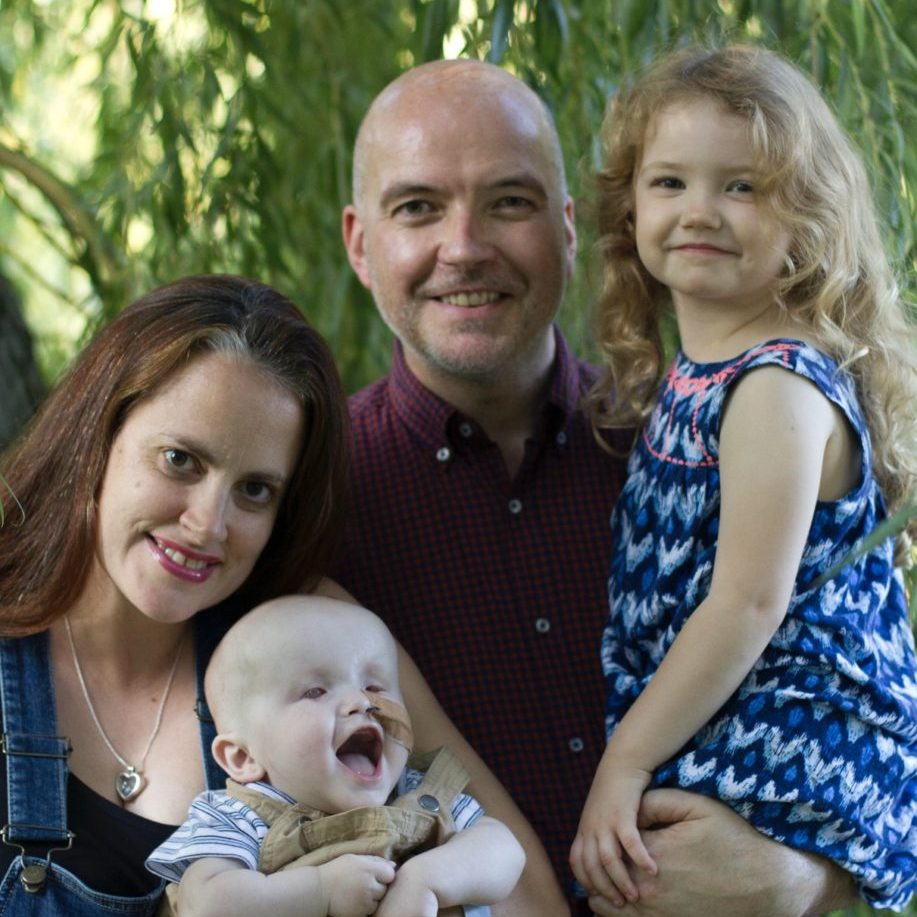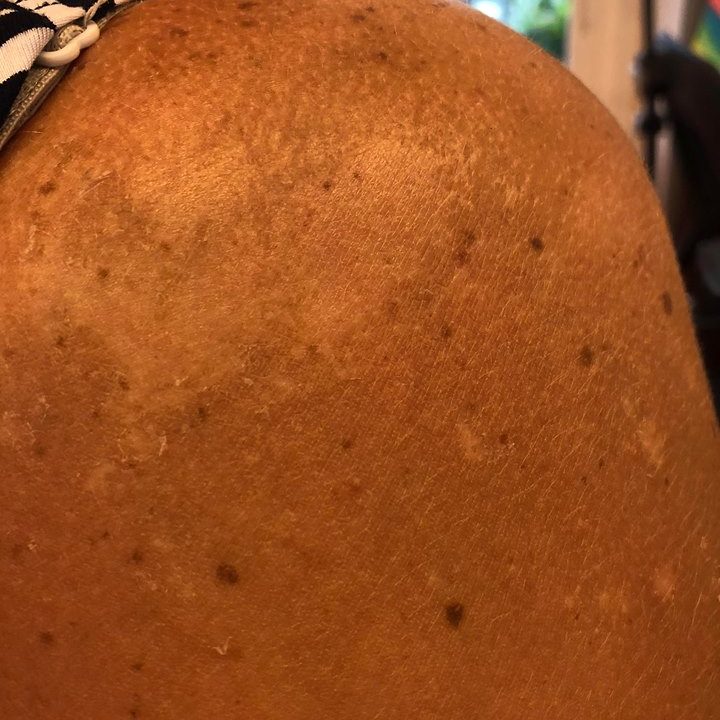
Fasting to fight addiction in Australia’s youth
January has ticked over into February, bringing about the annual febfast theoretical diet pilgrimage. Established at as a fundraiser for young disadvantaged Australians, the goal is to cease sugar, alcohol or any of your other vices for one month. We’re well aware from past projects that addiction is a cruel beast. Those who find themselves…

Fasting to fight addiction in Australia’s youth
January has ticked over into February, bringing about the annual febfast theoretical diet pilgrimage. Established at as a fundraiser for young disadvantaged Australians, the goal is to cease sugar, alcohol or any of your other vices for one month. We’re well aware from past projects that addiction is a cruel beast. Those who find themselves…








